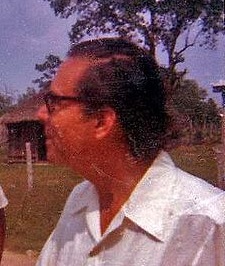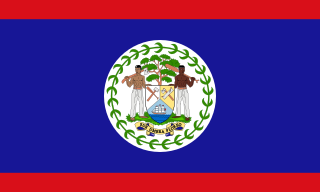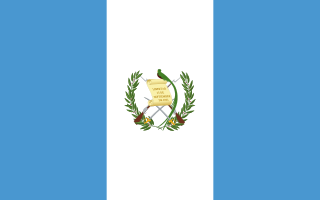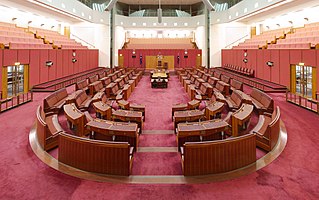
Elections in Belize are the duly held elections held at various levels of government in the nation of Belize.

A legislative election was held in Belize on 5 March 2003. Belizeans elected 29 members to the House of Representatives for a term of five years.

General elections were held in Belize on 27 August 1998. The result was a victory for the People's United Party, which won 26 of the 29 seats and Said Musa was elected as Prime Minister for the first time. Voter turnout was 90.1%, the highest since independence.

General elections were held in Belize on 21 November 1979. The result was a victory for the ruling People's United Party, which won 13 of the 18 seats. Voter turnout was 89.9%.

Belize municipal elections, 2006 were a series of local elections held on March 1, 2006, to fill vacancies for town councils in Corozal, Orange Walk, San Pedro, San Ignacio, Benque Viejo, Dangriga, Punta Gorda, Belize City and Belmopan. All the councils except Belize City elected one mayor and six councillors; Belize City elected one mayor and ten councillors.

Vision Inspired by the People (VIP) is a political party established in December 2005 in the Cayo District of Belize. It first contested municipal elections in the capital city of Belmopan on 1 March 2006, receiving 20 percent of votes cast but none of the seven seats. VIP operates primarily in Belmopan, but also has a presence in the Belize and Corozal Districts.
The National Independence Party of Belize was a merger of two Belizean political parties that effectively served as the chief opposition party in Belize for practically all of its existence. It was formed in July 1958 and dissolved as part of the formation of the new United Democratic Party in 1973.
The Honduran Independence Party was a short-lived 1950s political party that was essentially a splinter group of the People's United Party (PUP).

A legislative election was held in British Honduras on 1 March 1965. Belizeans elected 18 members to the British Honduras Legislative Assembly.

A legislative election was held in the nation of Belize on February 7, 2008. Beginning with this election, Belizeans elected 31 members to the House of Representatives of Belize instead of 29. In what was considered an upset, the opposition United Democratic Party (UDP) won the election with 25 out of 31 seats; the ruling People's United Party won six.

Albert is an electoral constituency in the Belize District of Belize.

A national referendum, the nation's first, was held in Belize on February 7, 2008, coinciding with the 2008 general elections.

A legislative election was held in Belize on 7 March 2012 to elect all 31 members of the Belize House of Representatives as well as offices in the various local governments. The election was run by the Elections and Boundaries Commission's Elections and Boundaries Department. Dean Barrow and his United Democratic Party (UDP) were re-elected, but lost eight seats to the opposition People's United Party (PUP) to maintain a slim 17-14 majority in the Belize House. The upper house of the Belize National Assembly, the Senate, was appointed after the election by the UDP-led government in accordance with the Constitution of Belize.

General elections were held in Belize on 4 November 2015 to elect members of the House of Representatives. On 28 September 2015 Prime Minister Dean Barrow announced that he had advised the Governor-General to dissolve the National Assembly and to fix Wednesday 4 November 2015 as the date for the next general elections.
Municipal elections were held in Belize on 7 March 2012 at the same time as the Belizean general election. The United Democratic Party (UDP) won six municipalities, while the People's United Party (PUP) won three municipalities.















